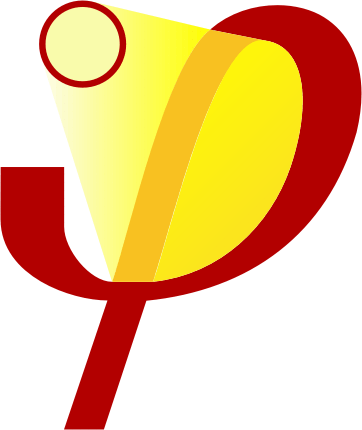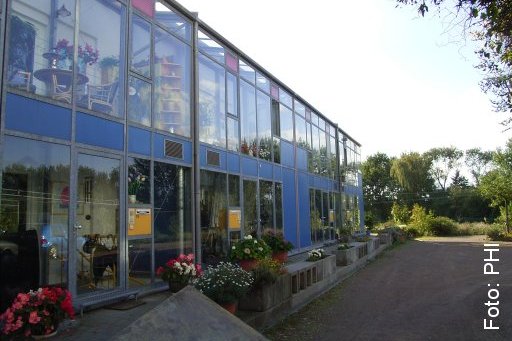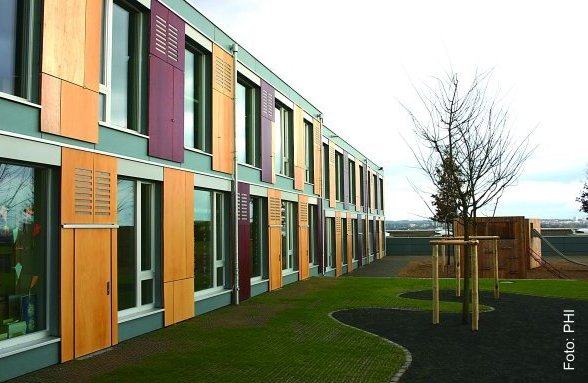Superior energy efficiency in buildings
 Passive House Institute
Passive House Institute
 The Passive House Institute (PHI) is an independent research institute lead by Dr Wolfgang Feist with a continuously growing interdisciplinary team of employees. PHI has played an especially crucial role in the development of thePassive House concept. The first pilot project (
The Passive House Institute (PHI) is an independent research institute lead by Dr Wolfgang Feist with a continuously growing interdisciplinary team of employees. PHI has played an especially crucial role in the development of thePassive House concept. The first pilot project (![]() Kranichstein Passive House, Darmstadt, Germany, 1990) was Europe’s first inhabited multi-family house to achieve a documented heating energy consumption of below 12 kWh/(m²a), a consumption level confirmed through years of detailed monitoring.
Kranichstein Passive House, Darmstadt, Germany, 1990) was Europe’s first inhabited multi-family house to achieve a documented heating energy consumption of below 12 kWh/(m²a), a consumption level confirmed through years of detailed monitoring.
Since then, the Passive House Institute has assumed a leading position with regard to research on and development of construction concepts, building components, planning tools and quality assurance for especially energy efficient buildings. PHI has been responsible for the building physics related consultancy and technical guidance on a number of firsts including the first Passive House office building, the first Passive House factory, the first Passive House schools and gymnasiums, the first Passive House indoor pool halls and the first Passive House retrofits. The Institute is currently providing such expertise for numerous new, innovative projects.
The annual ![]() International Passive House Conference as well as the sessions of the
International Passive House Conference as well as the sessions of the ![]() Research Group for Cost-effective Passive Houses are also carried out by the Passive House Institute. The Research Group sessions have given rise to numerous Passive House building projects through Germany and beyond; the practice oriented proceedings of these sessions are available through the Passive House Institute. The annual International Passive House Conferences, in turn, serve as a global platform for scientists, architects, engineers and product developers in the field of energy efficient construction and refurbishment (
Research Group for Cost-effective Passive Houses are also carried out by the Passive House Institute. The Research Group sessions have given rise to numerous Passive House building projects through Germany and beyond; the practice oriented proceedings of these sessions are available through the Passive House Institute. The annual International Passive House Conferences, in turn, serve as a global platform for scientists, architects, engineers and product developers in the field of energy efficient construction and refurbishment (![]() www.passivehouse-conference.org).
www.passivehouse-conference.org). 
The Passive House Institute is constantly developing and improving upon algorithms and software tools for dynamic building simulations, the determination of energy balances and the planning of Passive House buildings (for example, through the Passive House Planning Package). The Institute acts as an independent testing and certification centre for buildings and building components such as wall and construction systems, windows, doors, connections, ventilation systems and compact systems. PHI research staff also provide manufacturers of energy efficient components with in-depth consultancy on product development and optimisation. PHI further facilitates the upholding of the strict quality requirements set by the Passive House Standard through the professional certifications it offers worldwide (![]() Passive House Designer and Consultant as well as
Passive House Designer and Consultant as well as ![]() Passive House Tradesperson).
Passive House Tradesperson).
![]()
For regular Passive House related news please follow the International Passive House Association (iPHA) on
Twitter and Facebook or the Passive House Institute on LinkedIn
Be also a member of:



click here click here click here
Links:
